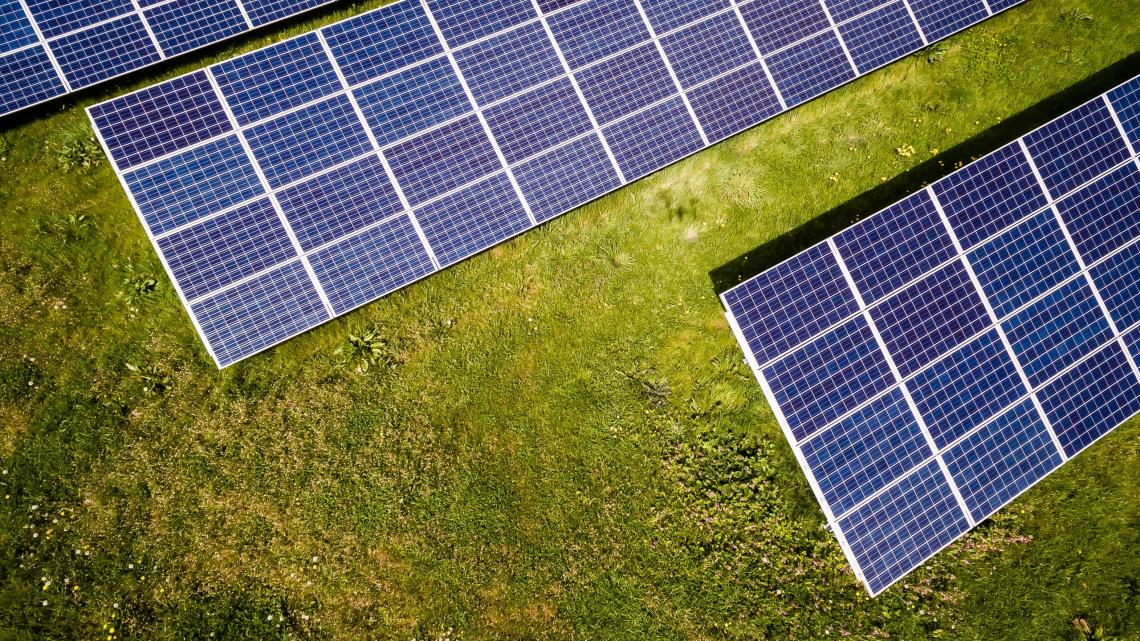By Ben McMahan
UArizona researchers Andrea Gerlak, with the Udall Center for Studies in Public Policy and the School of Geography, Development and Environment, and Ben McMahan, with Climate Assessment for the Southwest (CLIMAS) and the Bureau of Applied Research in Anthropology (BARA), led a project with Tucson Electric Power (TEP) to set science-based greenhouse gas (GHG) reduction targets for their 2020 Integrated Resource Plan (IRP).
Electric utilities across the U.S. are setting goals for GHG emissions reduction as part of international agreements, such as the Paris Climate Agreement, and in recognition of the need to address carbon emissions in the energy sector. During this project, the UArizona team analyzed how electric utilities set emissions reduction targets in phase 1, and adapted a carbon budget and cumulative emissions framework to assess the expected warming for TEP’s resource portfolios in phase 2.
The team presented results at TEP’s public workshop in May, and their phase 2 report was included in TEP’s 2020 Integrated Resource Plan. The methods, assumptions, and results are available on a public GitHub repository. Their work highlighted the importance of the timing and the intensity of emissions reductions, and helped inform TEP’s preferred portfolio, which highlighted an 80% reduction in emissions by 2035, along with phased elimination of coal and increased use of renewable energy.
Learn more about this project on the CLIMAS website.
Read about the team’s results presented at TEP’s May 20th workshop and TEP’s plan to end coal use and increase renewable energy use.


